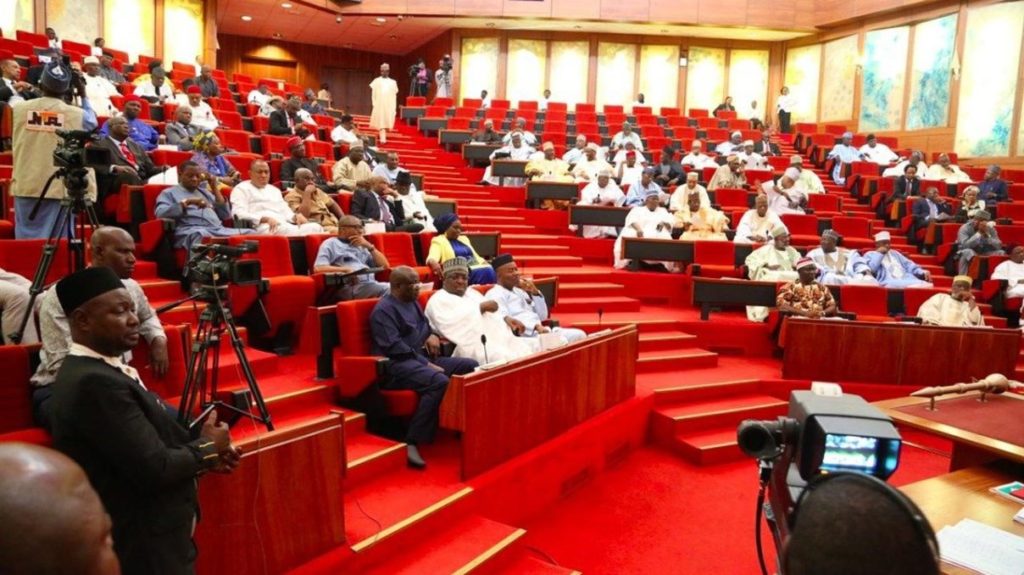Senate moves to ban under-18 military recruits as sweeping reform bill clears second reading
Nigeria’s Senate has taken a decisive step towards outlawing the recruitment of anyone under 18 into the Armed Forces — a major shift aimed at bringing the country’s military laws in line with global child-protection standards.
The Armed Forces (Repeal and Re-enactment) Bill, 2025, sponsored by Senator Abdulaziz Yar’Adua of Katsina Central, sailed through its second reading on Thursday, paving the way for what lawmakers describe as the most comprehensive military legal overhaul in two decades.
The proposed ban on under-18 enlistment aligns the nation’s defence practices with the Child Rights Act of 2003, the UN Convention on the Rights of the Child, and the African Charter on the Rights and Welfare of the Child — all of which outrightly prohibit the use of minors in armed conflict.
Leading the debate, Yar’Adua said the reform was “long overdue”, stressing that the current Armed Forces Act — a carryover from a military decree — no longer fits the realities of a democratic nation navigating increasingly complex security challenges.
He told colleagues: “Our Armed Forces are a symbol of national unity and pride, but the laws guiding them have not evolved at the same pace as our democracy. This bill rebuilds the military’s legal foundation to reflect justice, professionalism, and respect for human rights.”
Aside from shielding minors, the bill sets out an ambitious slate of reforms. It expands the definition of military offences, introduces proportionate punishments, and moves to protect the independence of courts-martial by making it a crime for any senior officer to interfere with proceedings — a safeguard targeted at curbing abuse of power.
In another first, the legislation will allow legally trained military officers to represent the Armed Forces in civil courts, backed by a dedicated litigation fund to ensure swift handling of legal matters involving the military.
Lawmakers also moved to scrap outdated fines — some pegged as low as ₦200 and ₦500 — replacing them with salary-based penalties to ensure sanctions are meaningful and reflect today’s economic realities.
Crucially, the bill clarifies the military chain of command by affirming the Chief of Defence Staff as the officer responsible for day-to-day operational control of the Armed Forces, acting under the authority of the President in line with Section 218 of the Constitution. The aim is to eliminate years of ambiguity and entrench the principle of civilian supremacy.
The bill has now been forwarded to the Senate Joint Committee on Army, Navy, and Air Force, which has four weeks to submit its report.




